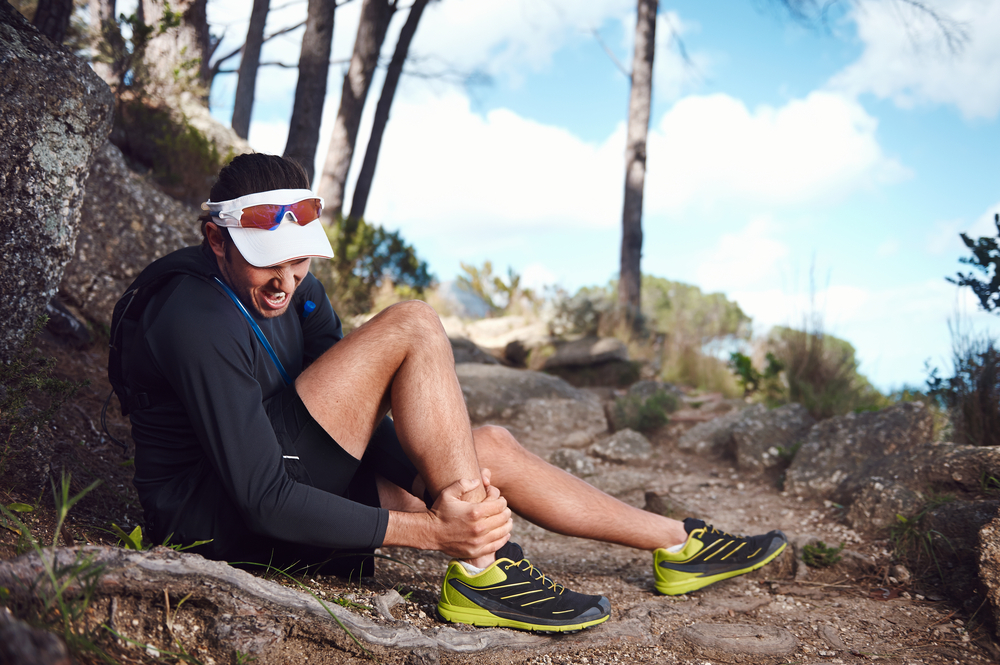DIAGNOSIS
Injury in the Achilles tendon can be diagnosed with a thorough physical examination. Your doctor may also want to see you walk or run to look for other problems that might have contributed to the injury.
TREATMENT
Minor-to moderate Achilles tendon injuries heals on their own. You just need to give them time. If the injury is not too severe, your doctor will prescribe medication to relieve pain and inflammation. He or she may also refer you to a physiotherapist.
Self-care often involves:
- Use of crutches to avoid putting weight on the leg.
- Ice your leg for 20-30 minutes every 3-4 hours for 2-3 days to reduce pain and swelling.
- Use an elastic bandage around the lower leg and ankle to keep down swelling and compress your leg.
- Elevate your leg on a pillow when you’re sitting or lying down.
- Take anti-inflammatory painkillers. Like ibuprofen, naproxen, or aspirin. This will help with pain and swelling. However, these drugs must be used only when prescribed by your doctor. It is because these drugs can have side effects like a greater chance of bleeding and ulcers.
- Use shoe inserts to protect your Achilles tendon from further stretching.
- Do some strengthening exercises or practice stretching as recommended by your doctor.
In severe cases of Achilles tendon injury, you may need a cast for 6-10 weeks and a long period of rehabilitation with the help of a physiotherapist. You may be offered a surgical repair if the tendon is ruptured.
PREVENTION
To prevent Achilles tendon injury you should:
- Warm up before any physical activity. Stretch your leg muscles and Achilles tendon more often if they are tight.
- Wear the right shoes. It must fit you well and has a good support.
- Stop exercising the moment you feel pain or tightness in the back of your calf or heel.
- Slowly increase the intensity of your physical activity.
- Cut down on uphill running.


